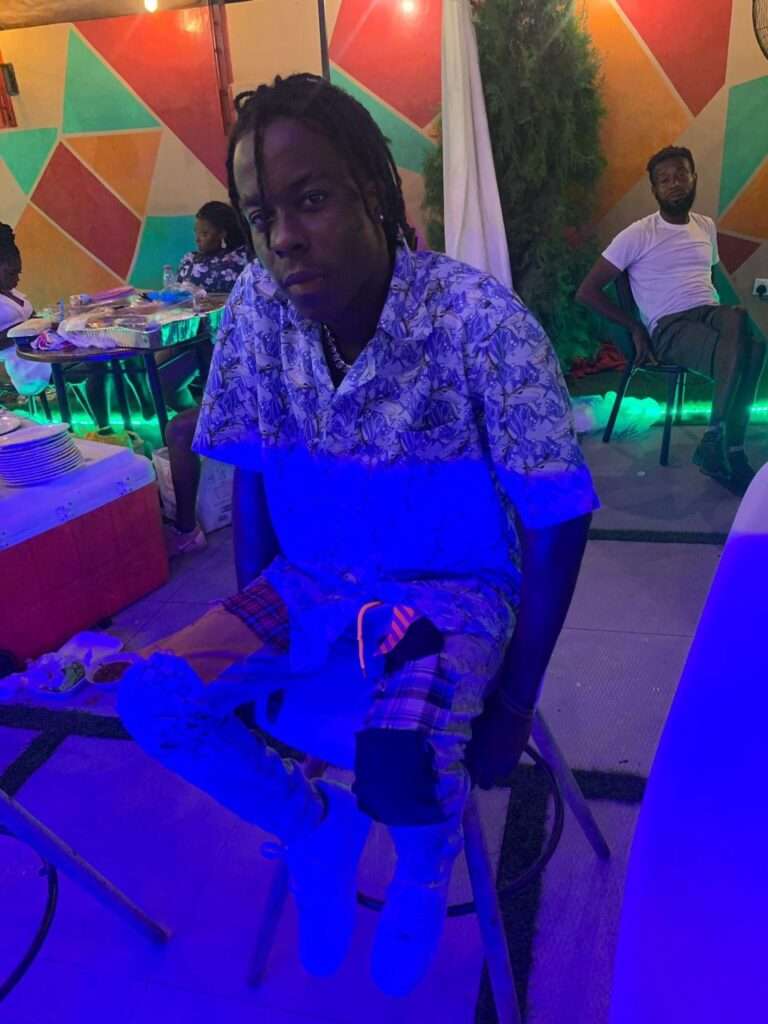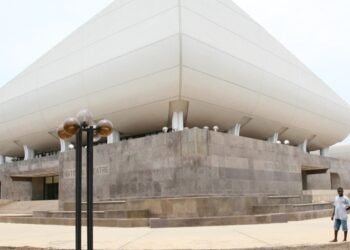Assessing the impact of the current government’s policies on the creative arts sector requires a comprehensive evaluation of various factors.
Initiating projects like new theaters and a creative arts school is seen as a positive step toward supporting and promoting the creative arts industry in the country.
However, the effectiveness and success of these initiatives depend on their implementation, sustainability, and actual impact on the sector.
In evaluating these initiatives, key considerations include whether the projects are completed promptly, whether they are adequately funded and resourced, and whether they effectively address the needs and challenges of the creative arts sector.
It is also important to assess the extent to which these initiatives contribute to the overall growth, development, and sustainability of the creative arts industry in the long term.
Furthermore, it is necessary to consider the feedback and perspectives of stakeholders within the creative arts sector to determine the actual impact of these initiatives on the ground.
Are artists and professionals in the industry benefiting from these projects? Are they leading to increased opportunities, visibility, and support for the creative arts community?
Fast-rising star currently under contract with Victorious Music Entertainment (VME), Stephen Annor Adjei, known professionally in the music fraternity as BADABOOM has revealed that it is extremely important to consider some policies of the current government on the creative arts sector.
He noted that assessing these policies determines whether the government’s initiatives are genuinely beneficial or if they fall short of expectations.
“Evaluating the current government’s policies and their impact on the creative arts sector, I think it is essential to consider some factors such as the completion and effectiveness of the initiatives, support for artists, promotion of cultural heritage, accessibility and inclusivity, and long-term sustainability for creatives to thrive in the industry.”
BADABOOM
The evaluation of the current government’s policies and initiatives in the creative arts sector should be based on a holistic assessment of their implementation, impact, and alignment with the needs and aspirations of the industry.
By considering these factors, a more nuanced evaluation is made regarding the effectiveness and success of these initiatives in supporting and advancing the creative arts sector in the country.
Priority Areas and Policies for Sustainable Growth

The creative arts industry in Ghana plays a significant role in the country’s cultural heritage and economic development.
Investing in the development of infrastructure such as theaters, art galleries, studios, and cultural centers to provide artists with the necessary space to create and showcase their work.
Implementation of training programs and workshops enhances the skills of artists and creatives in areas such as marketing, finance, and digital technologies to help them better promote and monetize their work.
Strengthening copyright laws and enforcement mechanisms to protect the intellectual property rights of artists and creators and ensure they receive fair compensation for their work.
The establishment of grants, loans, and other financial support mechanisms provides artists and creatives with the necessary resources to pursue their projects and businesses.
The development of strategies to promote Ghanaian arts and culture both locally and internationally attracts tourists, investors, and collaborations with other creative industries.
Facilitating collaborations between artists, creatives, and other stakeholders within the industry to foster innovation, knowledge sharing, and collective growth.
The introduction of arts education programs in schools to cultivate a new generation of creative talents and raise awareness about the importance of the creative arts in society.
Speaking on the future prospects and promises for the next administration to focus on, Badaboom expressed that they should include infrastructure development, capacity building, intellectual property protection, and access to funding to make creatives monetize their work.
“Specific policies and initiatives I want the next administration to implement include the establishment of dedicated arts and culture centers, provision of training programs for artists, strengthening copyright laws, and creating grant programs for creative projects for collective growth.”
BADABOOM
By focusing on these priority areas and implementing specific policies and initiatives in each of these areas, the next administration will help ensure the sustainable growth of the creative arts industry in Ghana and create a conducive environment for artists and creatives to thrive.
READ ALSO: NDC Warns Against IGP’s Removal Amid Election Concerns























